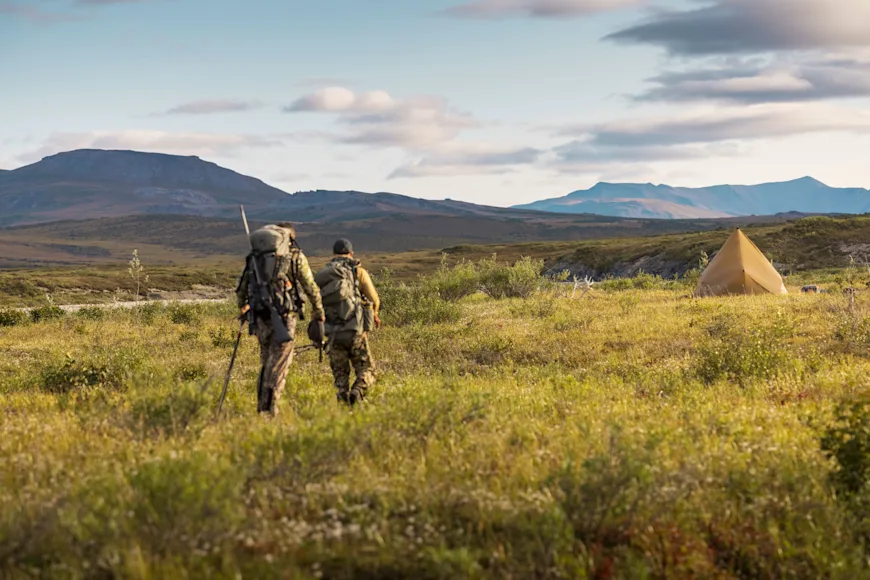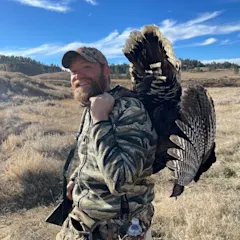Back in June 2024, the Bureau of Land Management blocked a key permit for a 211-mile industrial road through an untrammeled portion of Alaska’s Brooks Range. Hunters and anglers celebrated the decision at the time, citing the road’s potential to negatively impact caribou, salmon, Arctic grayling, sheefish, and other important game and fish species. Now, the Trump Administration is reversing the BLM’s 2024 decision—paving the way for construction of the controversial Ambler Road Project as soon as next spring.
President Trump signed an executive order overturning the Biden-era BLM decision on Monday, October 6. “It’s an economic gold mine so to speak,” he told reporters, referring to the mineral-rich area that the mine road would lead to. “I signed this years ago, and Biden un-signed it for me.”
In its 2024 Record of Decision (ROD), the BLM said there will be "irreparable harm” to permafrost and caribou herds in the region if the Ambler Road goes through. According to the agency, the road would pass through public lands managed by the BLM, the National Park Service (Gates of the Arctic National Preserve), and the state of Alaska. It will also enter land owned and managed by multiple Alaskan tribes.
Impacts to Fish and Wildlife
The proposed road would also cross 11 major rivers, including the Kobuk and the Koyukuk. The mining development that it could usher in would require airfields, spur roads, heavy industrial traffic, communication towers, and employee housing. Currently, the area is completely undeveloped, which is why it's cherished by many as a once-in-a-lifetime hunting and fishing destination.
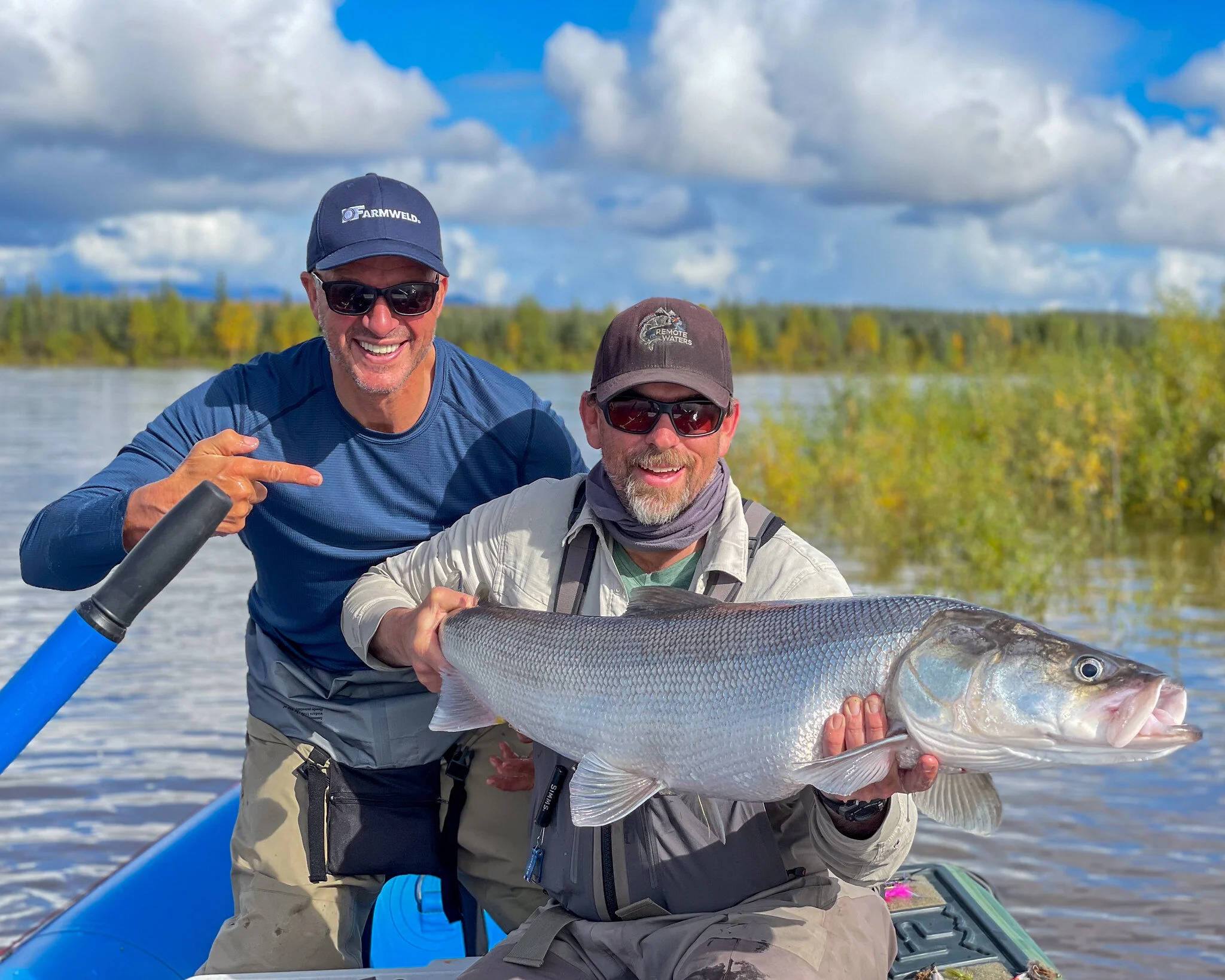
The rivers and streams that the Ambler Road would cross provide important feeding, rearing, spawning, and overwintering habitat for more than 20 fish species, including Pacific salmon, sheefish, whitefish, northern pike, Arctic grayling, and burbot, the BLM states. In addition to the 11 major bridge crossings, the Ambler Road would bisect hundreds of unnamed tributaries with thousands of culverts—which are known to damage undisturbed fish habitat.
The road would also penetrate crucial habitat areas for the Western Arctic Caribou Herd. Though the herds numbers have declined in recent years, it still supports one of the Alaska best remaining DIY hunts for out-of-state caribou hunters. “The proposed road corridor traverses areas used by local residents for berry picking and vegetation gathering; waterfowl and moose hunting; and overland and over-water transportation,” the BLM stated in the now-reversed permit denial from 2024. “Many local residents have communicated the importance of the area in maintaining their mental, spiritual, and cultural well-being.”
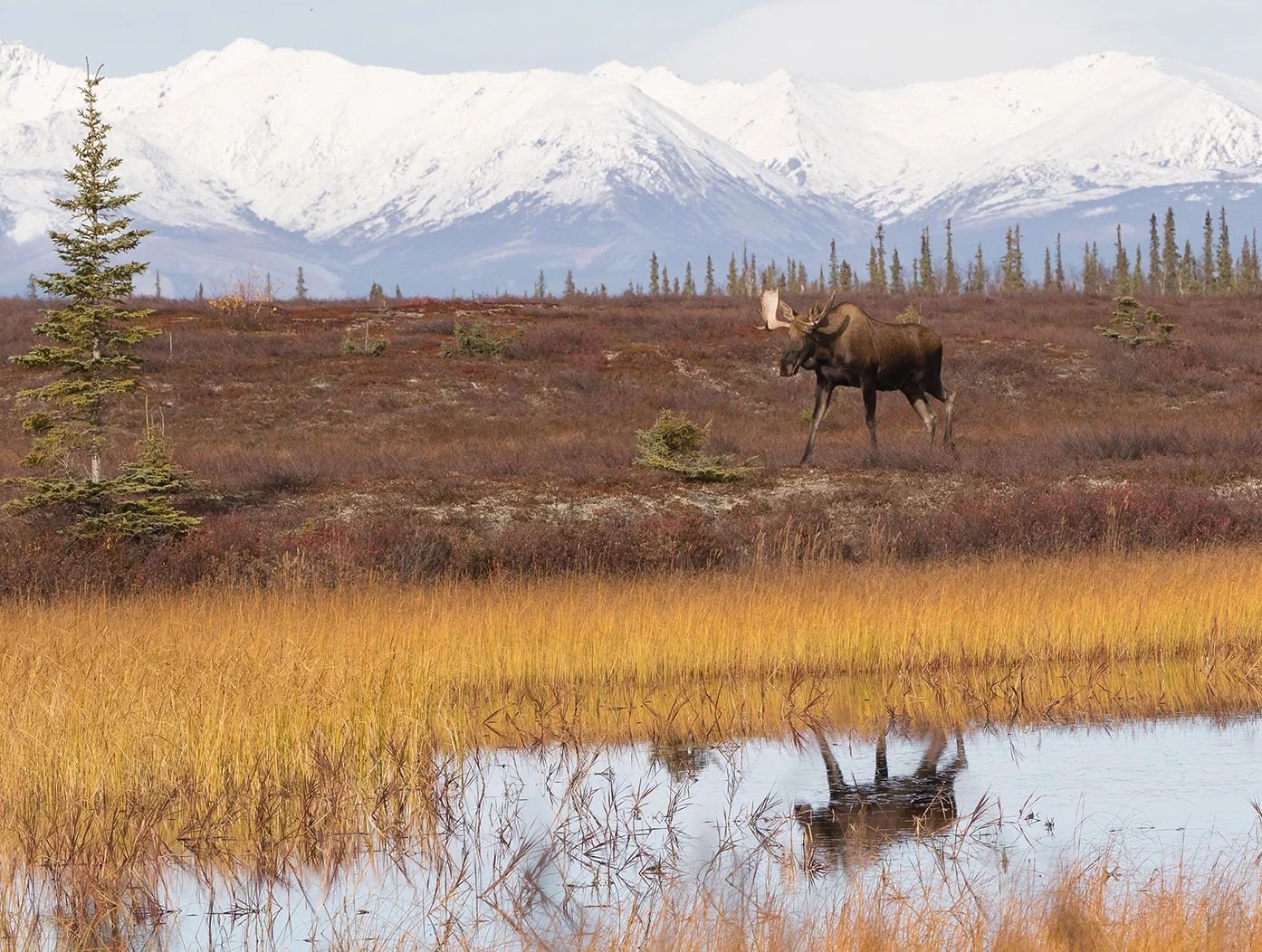
Hunters and anglers from outside the region voiced significant opposition to the project during multiple public comment periods fielded by the BLM. According the Theodore Roosevelt Conservation Partnership, the hunt-fish community delivered thousands of comments urging the BLM to deny the Ambler Road permit in 2023 and 2024. Those comments were submitted via a coalition of 80 outdoor brands and businesses known as Hunters and Anglers for the Brooks Range. All told, the group submitted some 14,000 letters from individuals opposed to the Ambler Road in the run-up to the BLM's June permit denial.
On its website, Hunters and Anglers for the Brooks Range says the Ambler Road would connect the Dalton Highway with several economically uncertain mineral deposits where foreign-owned mining companies hope to develop at least four open-pit mines. “Collectively, the four primary mineral deposits would span approximately 400,000 acres in addition to the Ambler Road’s footprint,” the organization said, adding that, unlike the Dalton Highway, the Ambler Road would be closed to the public.
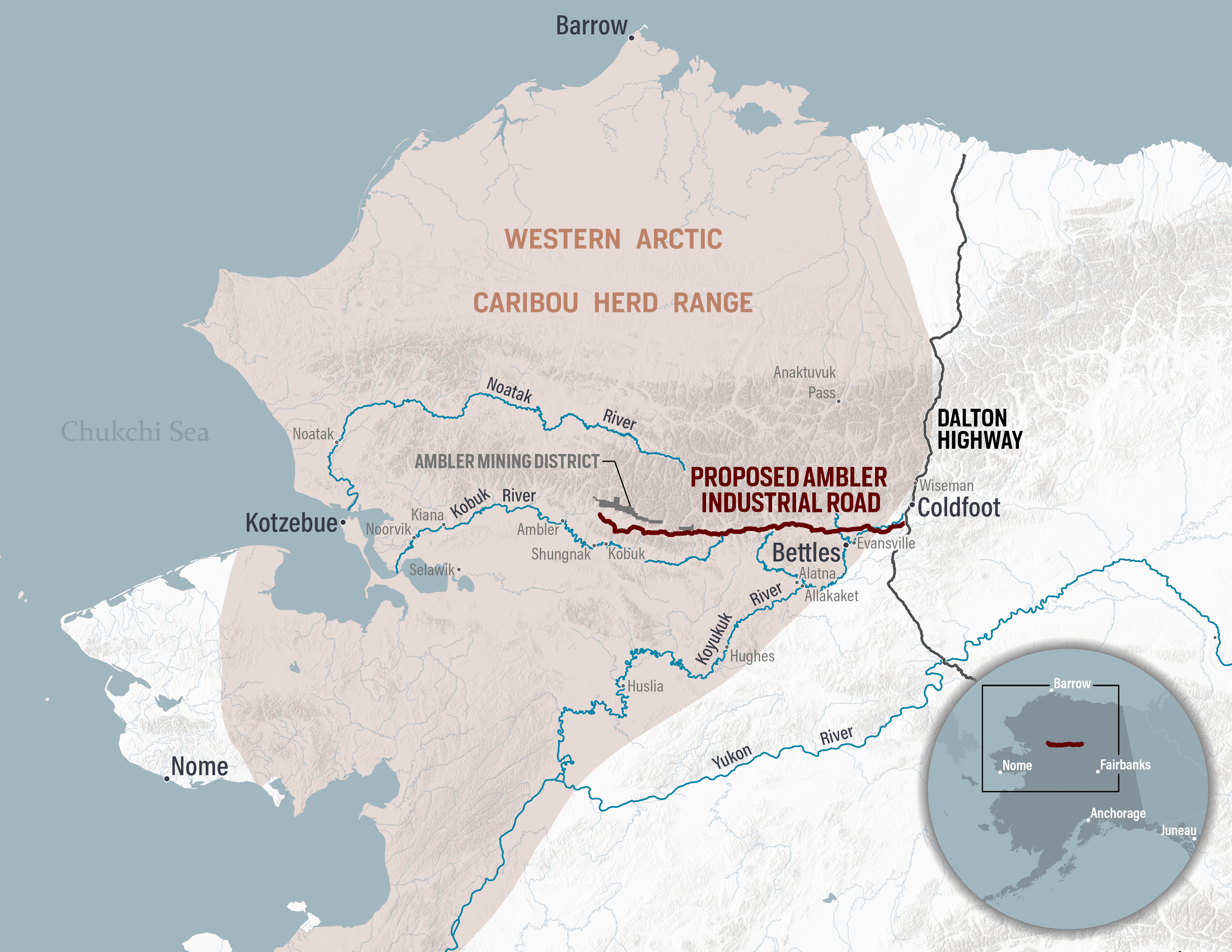
Foreign Mining Company Poised to Benefit
One of the major companies vying to mine in the Ambler District is Trilogy Metals. According to CBS News, the mining company is based in Vancouver, Canada. When Trump and Burgum announced their plan to expedite the Ambler Road on Monday, they said the federal government will be taking a 10 percent ownership stake in Trilogy, and the company's stock price soared by 225 percent as a result. Forbes has since reported that the company is partially owned by billionaire John Paulson, who raised $50 million for Trump during a single fundraiser in April 2024. According to Forbes, the value of Paulson's shares in Trilogy shot from $30 million to $100 million immediately after the Ambler Road was approved.
“This opens up a wealth of resources,” said Burgum. “The Department of War is making an investment in Trilogy Minerals.” According to a White House fact sheet, the federal government will grant Trilogy Metals $35.6 million in taxpayer dollars to explore the Amber Mining District.
Read Next: Boundary Waters at Risk Again As Trump Administration Declares Support for Copper Mine
While Burgum and Trump say the Ambler Road will increase national security and further America's energy independence, Hunters and Anglers for the Brooks Range believes it will have the opposite effect. "By enabling a foreign-owned company to export raw minerals overseas, the Ambler Road project would deepen U.S. dependence on foreign mineral processing and supply chains," the coalition said in a statement provided to Field & Stream. "We respectfully urge the Administration to take a closer look at this project's costs and consequences. A thorough and objective review may lead to a different conclusion, one that better reflects our shared values of conservation, national security, and responsible resource development."
Hunters and anglers who'd like to voice their opposition to President Trump's override of the BLM's 2024 permit denial can do so here.

